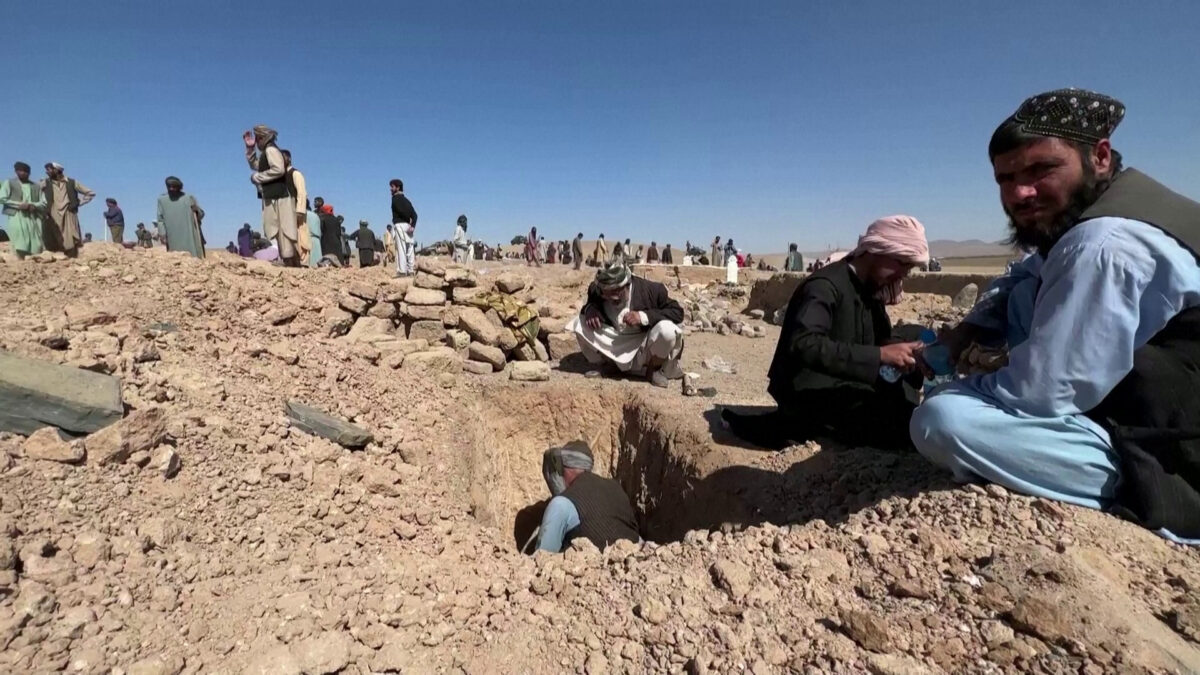AFGHANISTAN
Herat earthquakes: Over 21,500 residences demolished, new UN figures reveal

New data from the UN Office for the Coordination of Humanitarian Affairs (OCHA) sheds light on the devastating impact of recent earthquakes in the western province of Herat, as thousands of residents grapple with the aftermath.
According to the statistics, approximately 21,500 residences have been demolished in the wake of the recent earthquakes. These seismic events have taken a toll on over 154,000 individuals, with 114,000 of them classified as the most vulnerable members of the affected population.
Temporary shelters and humanitarian aid have been provided to those impacted by the earthquakes. However, concerns are mounting as the harsh Afghan winter approaches, potentially doubling the needs of these vulnerable families in the face of plummeting temperatures.
The Taliban, acknowledging the extent of the disaster, reported over 2,400 deaths and more than 2,000 injuries caused by the earthquake.
Video footage captured by Amu reveals the complete devastation of Siah Aab village in Zindajan district, where roughly 3,000 families resided prior to the October 7 earthquake.
Alif Baluch, who was in Iran during the earthquake, tragically lost his entire family, which included his wife, three daughters, and son.
He tearfully stated, “No one saw the martyrs. These clothes are from my children, from my loved ones, this is all that’s left of them. The entire family has perished; it is only me and my God.”
Baluch shared his heart-wrenching experience of being able to locate his daughters’ bodies but still searching for the graves of his wife and sons. He now spends most of his time at the graves of his family members and faces the daunting task of finding a new home. He remarked, “I am forced to find a new home, either to live with my father and brothers or just continue as it is.”
Alaa AbouZeid, World Health Organization’s Health Emergencies Team Lead in Afghanistan issued a warning regarding the escalating needs of earthquake-affected individuals as winter approaches, emphasizing that thousands of them are struggling with a lack of shelter and access to adequate food and water.
AbouZeid further noted that a dedicated surveillance team has been working tirelessly to detect and prevent the outbreak of diseases stemming from the ongoing challenges in the area.
In addition to those directly affected by the earthquakes, thousands of Herat residents have been forced to live outside their homes, seeking refuge in parks and streets. They fear the aftershocks of the earthquake, as their residences lack the resilience required to withstand the impact of such seismic events.
No comments:
Post a Comment